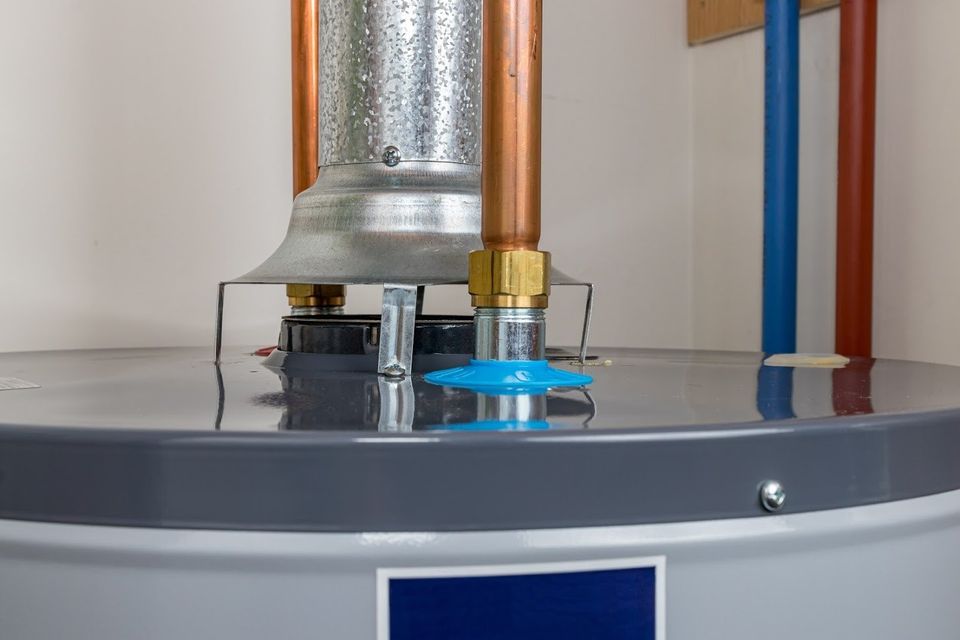Signs You Need to Replace Your Water Heater

If you are like most homeowners, then you rarely think of your water heater until it develops a significant problem. Water heaters are vital appliances that supply the bathroom, dishwasher, or washing machine with warm water.
When your heater doesn’t work as expected, your daily activities are significantly affected. Therefore, you should know when to replace your heater. This piece highlights signs you should replace your water heater.
Age
If your heater is too old, it's likely to have reduced performance. An average heater serves effectively for about eight to ten years. But how can you tell how old your heater is?
You can know the age of a unit by checking the serial number on it, which is written by the manufacturer to indicate the manufacturing dates. Generally, the first digit of the serial indicates the month, and the next two numbers indicate the last digits of the manufacturing year.
For example, D041069367 indicates that the heater was produced in April 2004. D represents April, and 04 stand for 2004. This information helps you to determine if your heater is too old and needs a replacement.
Leakages
If you see water around your heater or water flows in the wrong places, your unit has a leak. Repair experts can quickly correct this problem. However, if the problem continues after several repairs, you should purchase a new unit.
Leaks occur when metallic parts expand during heating and develop severe cracks or damage the fittings or connections over time. In such a scenario where different parts of the unit are damaged, replace the whole unit.
Strange Noises
If your water heater produces strange noises, consider replacing it. A heater always accumulates sediments from the main tank at the bottom. If not cleaned regularly, the debris tends to produce the strange loud sounds when the heater is in use.
Water heaters usually produce mild noises when they run as the water boils in the unit. This noise is barely noticeable, but the noise from the sediments and faulty parts can't be ignored.
You can get professionals to eliminate the deposits first, but if your heater has extreme issues such as cracks on the heating element, you should replace it.
Fluctuating Temperatures
Nothing is as stressful as not knowing if your heater will give you hot or cold water. When the heating element has damage, your heater gives off the water with inconsistent temperatures. Therefore, your shower sessions might be a mixture of a warm and ice bath, which is quite frustrating.
A broken thermostat can also cause fluctuating temperatures. If these parts are so malfunctioned that they can't be reversed, you will have to replace the unit.
Rust
After a long time of usage, water heaters tend to rust. The rust will damage the heater material and eventually weaken it. The rust can also affect the inside part of the pipes and cause rusty water. However, you may not be able to figure out if the rust is from the heater or the main water tank, and thus you need to do a test.
Pour water directly to the water heater, and if you harvest rusty water, the heater is rusty, and you might need to buy a new one. You should also draw water from your main tank. If it's rusty, your tank is corroded, and you should seek professional help.
Excessive Repairs
Excessive repairs are also an indication that you should purchase a new water heater. You should be alarmed if your water heater develops different issues regularly. You may spend more money on the repairs than it would cost you to get a new unit.
At Shamrock Plumbing, we have specialists that offer installation and repair of the conventional heaters and tankless heaters. If you need water heater replacement or services, contact us today.






